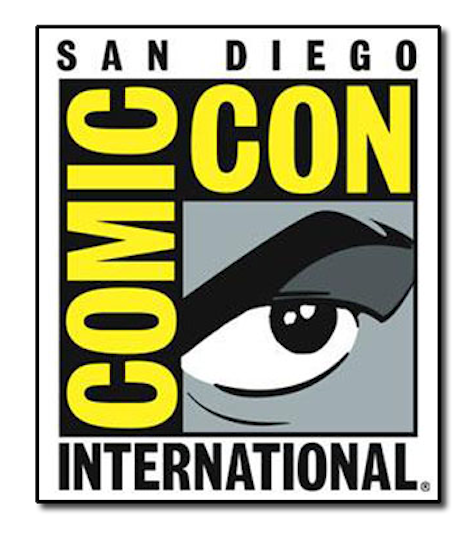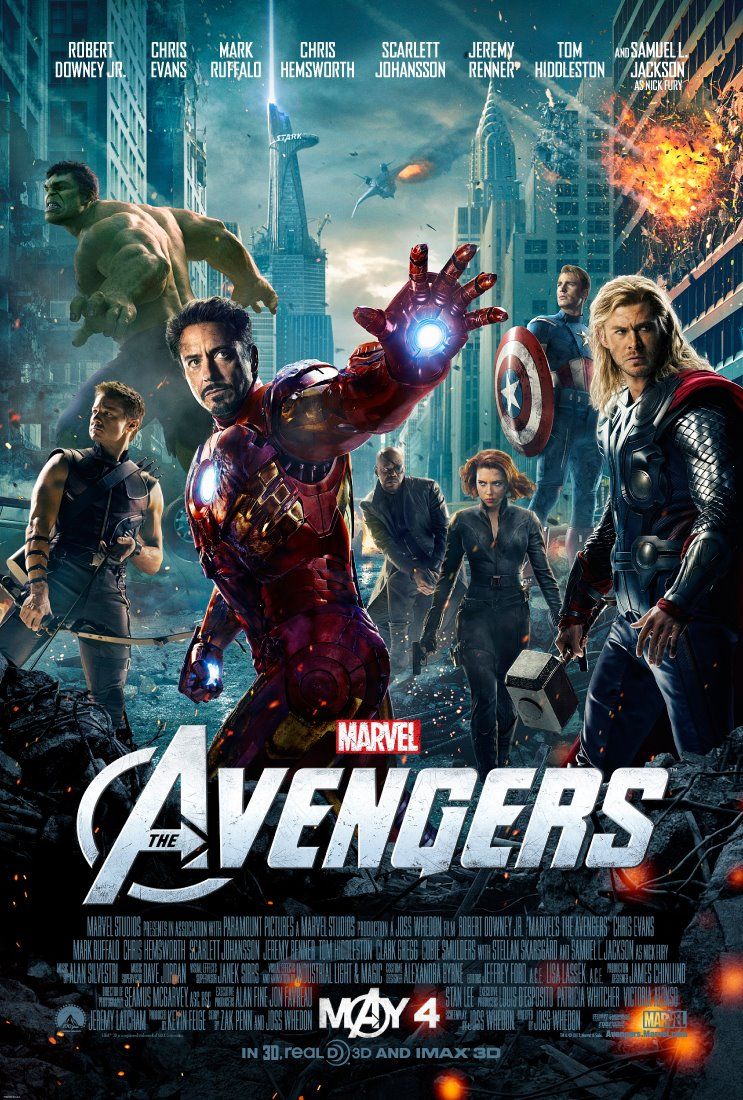However, this stereotype has quickly dissolved over the last few years for a variety of reasons. The growing, diverse readership was already discussed in the previous post, so I won't go over it again except to say that it exists. And it gathers. There are three comic shops in my local city of Fort Wayne, IN, that I frequent and each offers ways to build a community among the shoppers by the ways of board & card game nights and book clubs. But the biggest way that comic fans gather is at conventions, most notable of which is Comic-Con International.
 Held in San Diego, Comic-Con International is an annual three-day event. Its mission statement describes it as "a nonprofit educational corporation dedicated to creating awareness of, and appreciation for, comics and related popular artforms." According to the official website, over 130,000 attendees flock to the convention to sit in on panels, watch screenings, and wait on the results of the Will Eisner Comic Industry Awards. Cosplay (a sort of performance art in which a fan creates and wears the costumes of their favorite characters) is also a big factor at Comic-Con, and there are award ceremonies for the best in that as well.
Held in San Diego, Comic-Con International is an annual three-day event. Its mission statement describes it as "a nonprofit educational corporation dedicated to creating awareness of, and appreciation for, comics and related popular artforms." According to the official website, over 130,000 attendees flock to the convention to sit in on panels, watch screenings, and wait on the results of the Will Eisner Comic Industry Awards. Cosplay (a sort of performance art in which a fan creates and wears the costumes of their favorite characters) is also a big factor at Comic-Con, and there are award ceremonies for the best in that as well.
Comic-Con is one of the most anticipated events for the comic industry and other pop culture enthusiasts. It is this cross of the formerly-insulated comic community and pop culture that brings us to a 'chicken and the egg' argument. Is comic & graphic novel readership growing because of its growth into pop culture? Or did the growing readership cause comics to be brought into pop culture? Whichever side you come down on, I'm sure it can be agreed that the TV shows and movies developed off comics can only help bring in more potential readers.
One of the most popular TV shows today is 'The Walking Dead,' based off the series by Robert Kirkman. Season five of the show premiered last October with 17.3 million viewers.
A recent rash of shows based off superheroes has cropped up as well. The CW, a network whose shows typically aim at teens and young adults, airs 'The Flash', featuring DC's hero with the same name, as well as 'Arrow' which is based around another DC hero, the Green Arrow. ABC airs 'Marvel's Agents of S.H.I.E.L.D'. and 'Agent Carter', which is not surprising given that Disney owns ABC and Marvel. Disney has not been slacking when it comes to promoting Marvel franchises.
 Although a few movies have come out for DC franchises, Warner needs to produce a lot to catch up to where Disney has brought Marvel films. In 2008, the first 'Iron Man' movie was released and it was the beginning of the "Marvel Cinematic Universe" (MCU). Within this MCU, Marvel heroes such as Iron Man, Thor, Captain America and even lesser known franchises such as Dr. Strange and Guardians of the Galaxy would get their own individual movies and then come together in 'Avengers' movies. It was only in 2013 with the 'Man of Steel' that Warner began to set up a similar enterprise with DC. Meanwhile, Marvel announced their "phase three" and eleven movie release dates through 2019.
Although a few movies have come out for DC franchises, Warner needs to produce a lot to catch up to where Disney has brought Marvel films. In 2008, the first 'Iron Man' movie was released and it was the beginning of the "Marvel Cinematic Universe" (MCU). Within this MCU, Marvel heroes such as Iron Man, Thor, Captain America and even lesser known franchises such as Dr. Strange and Guardians of the Galaxy would get their own individual movies and then come together in 'Avengers' movies. It was only in 2013 with the 'Man of Steel' that Warner began to set up a similar enterprise with DC. Meanwhile, Marvel announced their "phase three" and eleven movie release dates through 2019.The highest grossing Marvel movie to date is the 'Avengers', pulling in $623 million.
Resources
- Comic-con.org
- Kissell, Rick. (2014) "AMC's 'Walking Dead' Returns to Record 17.3 Million Viewers." Variety, accessed online at http://variety.com/2014/tv/ratings/amcs-walking-dead-returns-to-record-17-3-million-viewers-1201328588/
- Williams, Chad. (2015) "How Marvel Beat DC at the Movies." Huffington Post, accessed online at http://www.huffingtonpost.com/chad-williams/how-marvel-beat-dc-at-the_b_6689902.html
- Strom, Marc. (2014) "Marvel Studios Announces Full Phase 3 Slate at Special Event." Marvel.com, accessed online at http://marvel.com/news/movies/23547/marvel_studios_announces_full_phase_3_slate_at_special_event
- "Marvel films--highest grossing to lowest (part 1)", IMDb.com, accessed online at http://www.imdb.com/list/ls051243229/
No comments:
Post a Comment